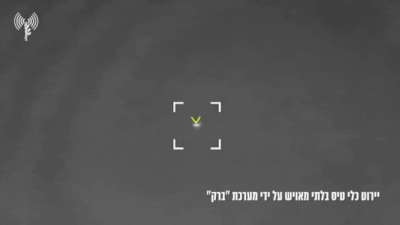‘Anti-worker move to downsize…’: TCS policy to cap bench time, 225 mandatory billing days slammed; here’s what All India IT employees’ union said

Tata Consultancy Services (TCS)’s latest move to mandate 225 billing days for employees and cap their bench time to 35 days has been slammed by the All India IT & ITeS Employees’ Union (AIITEU). The union has called TCS moves as a ploy to ‘downsize’ teams and has also termed it as an ‘anti-worker’ policy.The policy, effective June 12, was introduced by Chandrasekaran Ramkumar, who leads the Global Resource Management Group (RMG).AIITEU, representing technology workers, has labelled this directive as unfavourable to employees, suggesting it aims to reduce workforce numbers.AIITEU has reportedly issued a statement: “The RMG of TCS is known to be responsible for ensuring adequate billability of the employees. While it is true that long period of inactivity has an adverse effect on employees’ compensation, individual growth and overseas deployment prospect, the policy also has an ulterior motive of transferring the responsibility to ensure adequate billability from the RMG to the employees.“Also Read | Tata Electronics builds India’s 1st semiconductor fabrication unit: Gujarat enables 1,500 residential units; mainly for Tata Group staff, suppliersThe union further stated: “It is an attempt by TCS Management to justify the organisation’s anti-worker policy of Performance Improvement Plan (PIP) that the management often resorts to, during downsizing.”
What is the TCS updated deployment policy?
Earlier this week TOI reported that TCS has implemented a revised associate deployment policy that requires staff members to be billable for 225 days per year, with bench duration limited to 35 business days annually. This directive seeks to enhance efficient resource allocation whilst ensuring alignment between company and employee objectives.According to the document examined by TOI, “At any given point in time, associates must be allocated for a minimum period of 225 business days in the last 12 months,” adding that “Long periods of remaining unallocated shall adversely impact associate compensation, career growth, avenues of overseas deployment in future, and continuity of employment with the organisation.” The Resource Management Group at TCS is responsible for employee deployment and allocation. This division ensures appropriate talent placement across projects whilst maintaining optimal utilisation levels throughout the organisation.“In the event an associate is unallocated, it is the primary responsibility of the associate to proactively engage with the Unit / Regional RMG for seeking allocation and take initiative towards pursuing suitable opportunities provided by the organisation,” states the policy.Unallocated resources comprise associates who have been released to RMG, are available for their next assignment, and report directly to RMG.TCS offers various developmental platforms including iEvolve, Fresco Play, VLS, and LinkedIn. Associates without current assignments are required to dedicate 4-6 hours daily to relevant learning through iEvolve, fulfil all mandatory and priority training requirements, participate in RMG-recommended in-person sessions, and continuously enhance their skills to maintain interview readiness.Also Read | Big win! China companies now exporting ‘Made in India’ smartphones & electronics to US, West Asia; notable shift for Chinese brandsAdditionally, they need to utilise the Gen AI interview coach, analyse and implement feedback received from previous interviews, and ensure timely completion of all training programmes with complete attendance.TCS has mandated compulsory office attendance to ensure rapid deployment, and consequently, work-from-office exemptions and flexible working options are not available. “However, associates may request short-term flexible work options for personal emergencies in exceptional circumstances, subject to organisational policies and prior approval from the RMG.”The company has indicated that allocating employees to multiple projects for brief periods is not encouraged and could trigger HR inquiries and subsequent disciplinary action.




